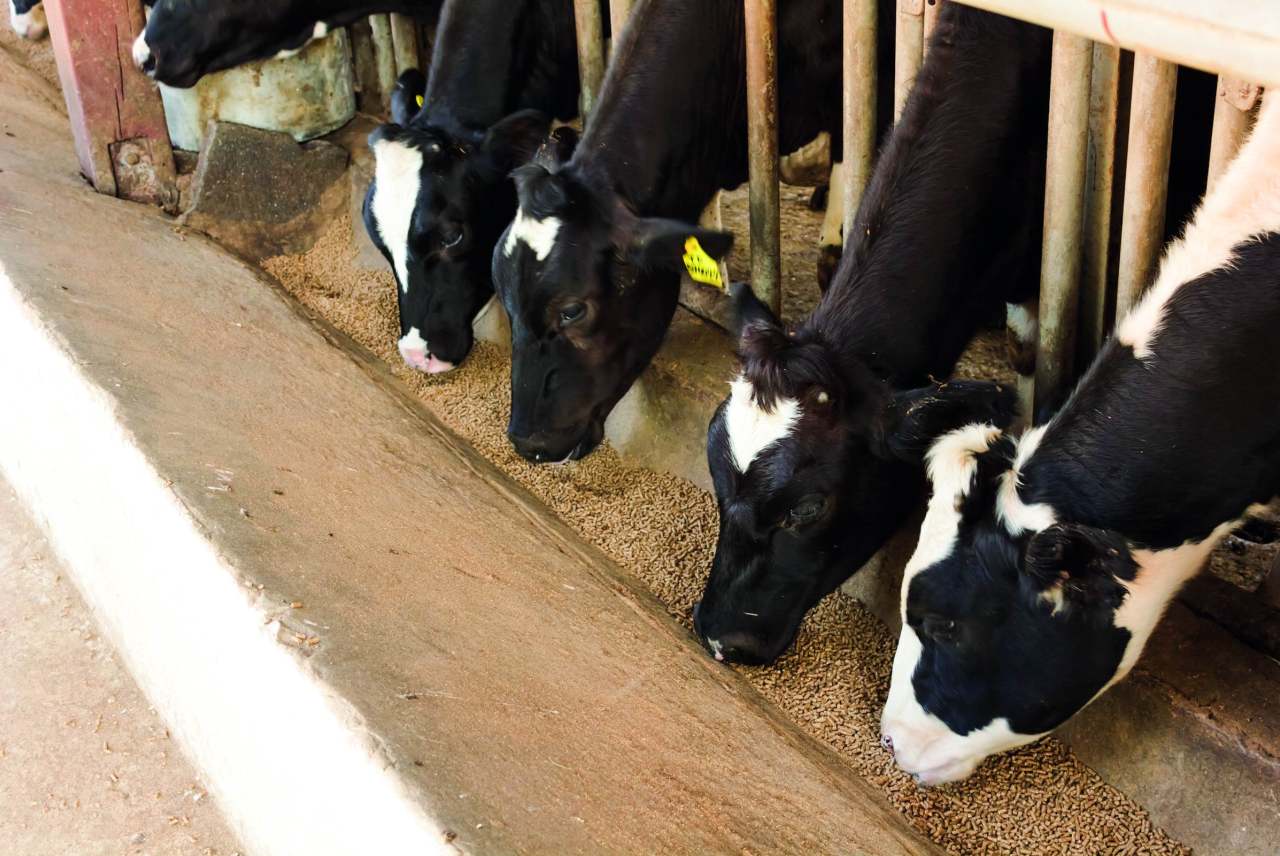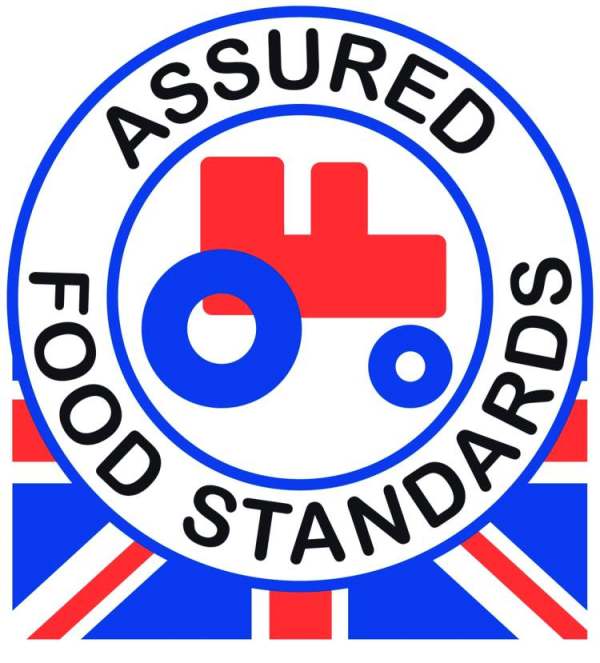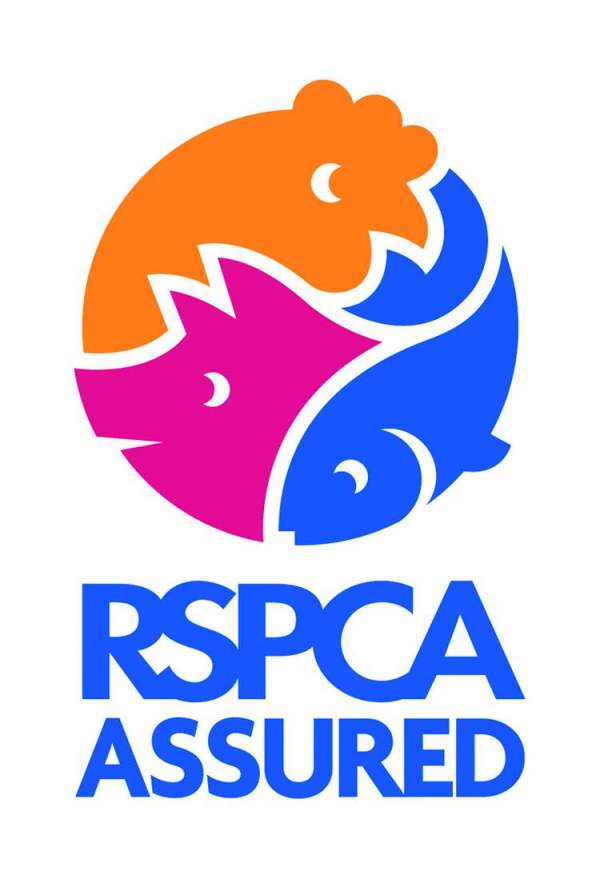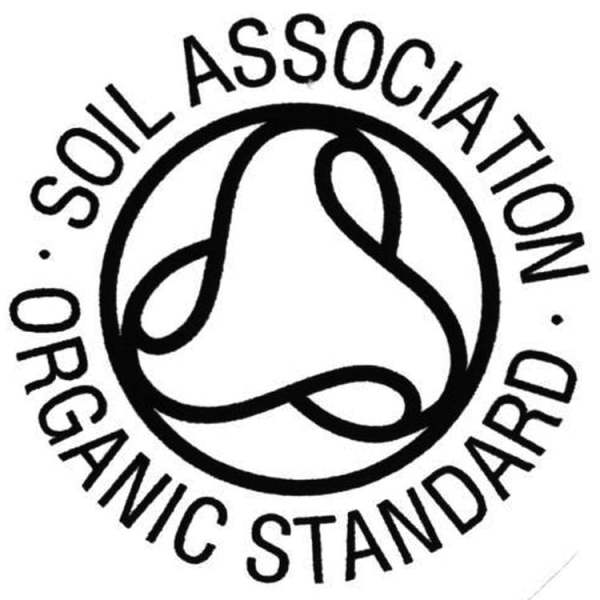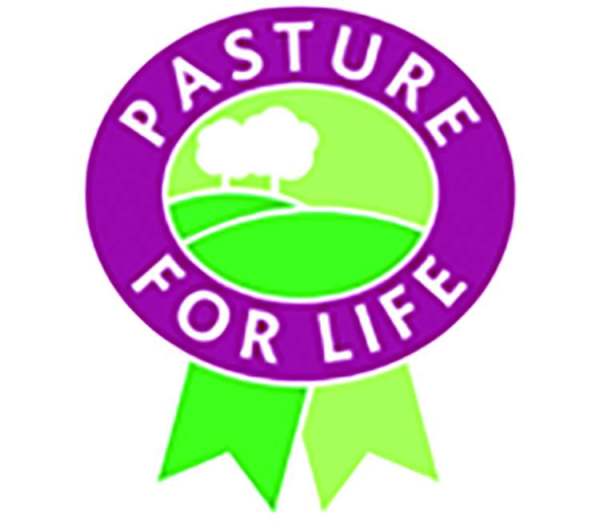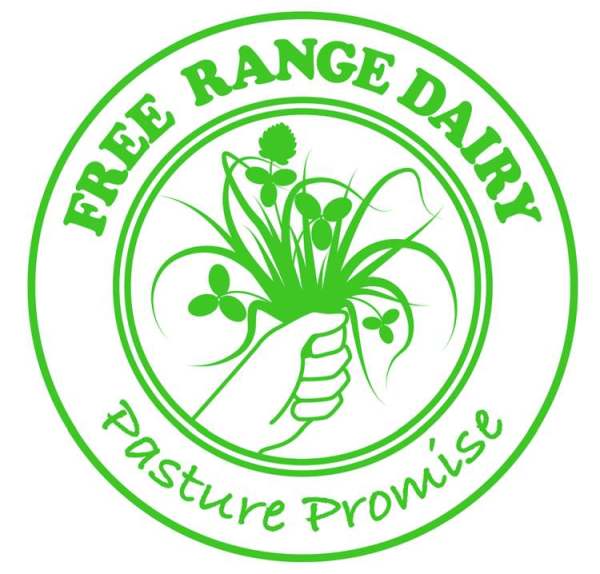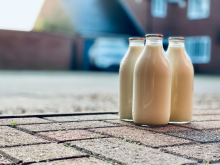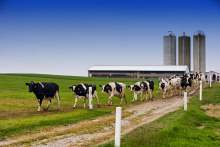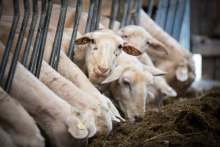The typical life of a dairy cow is not very long: cows are generally killed between 2-6 years, when they could naturally reach 20 years.
There are a lot of animal welfare issues associated with dairy production, as set out in our dairy and animal rights article.
It may come as a surprise to some people, that practices such as artificial insemination, early separation of calf from mother and the killing of male calves are allowed under the welfare schemes we report on below. However, it may vary by when, where, by whom and for what.
If you buy dairy products like milk and are looking for the highest animal welfare standards, read on.
